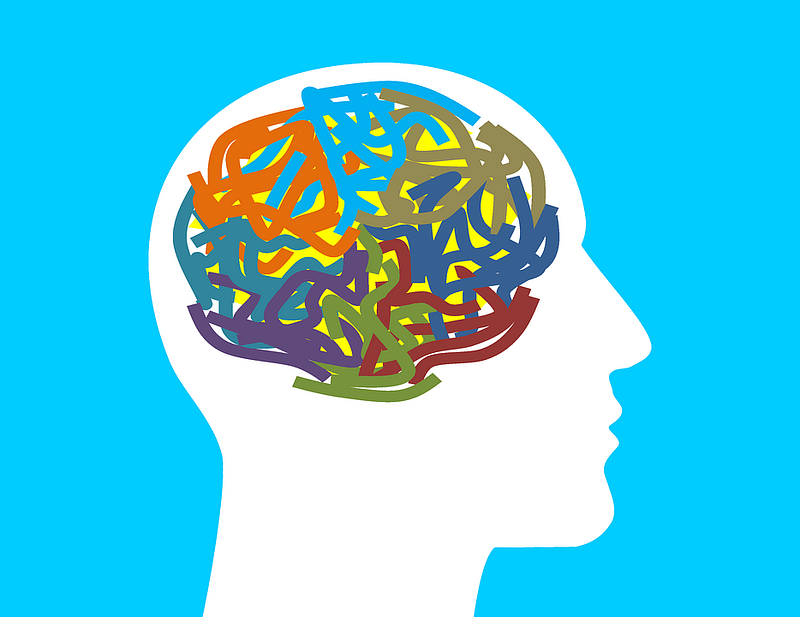
I have never thought of myself as a particularly smart or gifted individual. Therefore, when I was admitted to Hamilton, I assumed that the Office of Admissions had made some horrible mistake admitting me instead of some other Peter Case. As a result, upon arrival on campus my freshman year, I connected my own lack of self worth with this institution, conflating my admission as a precocious meathead with a Hamilton’s lack of quality as a college.
My sophomore year, I had a conversation with a classmate about Hamilton’s shortcomings, centered mostly around grievances against the administration and our inability as a student body to host a party that lasts more than twenty minutes. I offhandedly remarked that this school was “not all that great,” to which I was greeted with the defensive response, “we are ranked 16th in the country for liberal arts colleges.”
I espouse a kind of anti-establishment rhetoric that is due to a few things: my anger at institutional flaws, my misanthropic attitude, and my general lack of respect for authority. However, I do think there is something to how we perceive this school — and, more importantly, how its esteem affects our own self-image — that can be damaging to both our appreciation of this place and our own mental health. Fair warning, much of this is coming from personal experience and may not apply to you. That is fine by me; I simply want to comment on what I’ve observed in my three years here.
The first problem that I see with infatuation with Hamilton’s prestige is that it can justify choices that can be detrimental to mental health. The idea that because we attend an elite institution we must overcommit ourselves to different academic and extracurricular ventures causes us to perceive ourselves in opposition. In some cases, it is opposition with other students, breeding competition with our classmates until we are stressed to the point of not taking care of ourselves, in addition to evaluating our overworked and stressed selves as our best selves. I am not saying that ambition is unhealthy; rather, the notion that ambition is realized by outdoing one’s peers, or upholding the supposed prestige of the College, can lead to under-appreciation of our needs as human beings.
In other cases, students derive value from opposition against the institution itself, choosing to engage in self-destructive behavior, such as excessive drinking or regular thievery, as a sort of rebellion against the status quo that is perceived as being imposed by Hamilton. Behavior and choices that harm the image of the college become a badge of pride, a sort of “F you” to the institution.
What this attitude neglects to consider is the incidental harm that occurs to fellow students and one’s self when in that “F you” mindset. It creates a cycle of reactionary behavior — the administration cracks down on parties, students party harder, the administration cracks down even harder. This adversarial approach stems from many different sources, and I am not claiming that the College’s reputation is the only driving force behind these behaviors. But I do think that students who are particularly disillusioned by the purported transparent corporate pandering of the institution may view rebellious behavior as their own mini-fight against Hamilton’s elite image. I know I do.
Lastly, I think that the image of Hamilton as providing a better or more valuable education than other colleges and universities lends itself to a sense of superiority that is unmerited. I cannot count on both hands the number of times my fellow students, and occasionally myself, say the names of other universities with an implicit disdain, often unintentional, based on a notion that because we all boast good GPAs and standardized test scores in an arena as meaningless as high school leads us to believe that we are superior.
This behavior can leak outside of our insular community we have built for ourselves and spread to our interactions with other students at equally-worthy educational institutions. This is a dangerous game. Basing one’s self worth on rankings and metrics from CollegeData.com is a fraught venture, and can lead to an unfounded sense of personal value that distracts from the things we should be focusing on as individuals, the qualities that we wish to pursue and our growth as citizens in a world larger than Clinton, NY.
But then again, what do I know? I am twenty years old and catch myself buying into these mindsets fairly regularly. I suppose the only thing I can do is to catch myself in the act of letting Hamilton define me instead of me defining Hamilton.

















